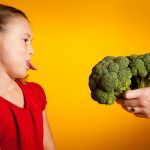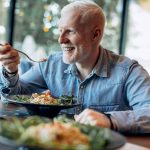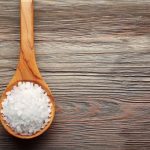
Researchers may have found a way for coffee-lovers to cut back without suffering symptoms of caffeine withdrawal like headache, fatigue, bad mood and irritability. It’s a cup of decaf. A new study found that people experienced fewer withdrawal symptoms with the substitute. “A convincing cup of decaf has the power to reduce withdrawal symptoms a lot when the person drinking it is unaware it’s decaf. But our study suggests that even if they are aware it’s decaf, their withdrawal still subsides,” said Dr. Llew Mills, a senior research associate at the University of Sydney School of Addiction Medicine, in Australia. For the study, researchers worked with 61 people who said they consumed three or more cups of coffee a day. Each went caffeine-free for 24 hours, and their withdrawal was measured. Participants were then separated into three groups. Two groups were given decaf coffee, and one of those groups was told that it was decaf. The other was deceived into thinking it was regular coffee. The third group was given water. About 45 minutes later, participants were asked to rate their withdrawal symptoms again. “The group we lied to reported a big drop in caffeine withdrawal even though there’s no pharmacological reason why it should,” Mills said. “Because they expected their withdrawal to go down, it did go down.” That’s known as a placebo effect… read on > read on >


















